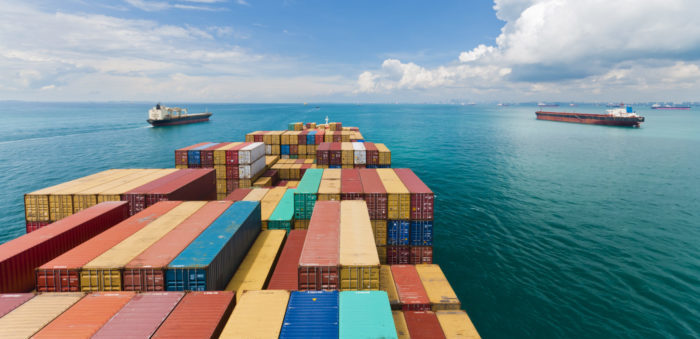During the 7th session of the UNCTAD meeting on transport, trade logistics and trade facilitation, the participants focused on the reforms the governments should conduct to ease flow of products across borders, many of which fall under the World Trade Organization (WTO) Agreement on Trade Facilitation.
Specifically, trading facilitation consists of simplifying, standardazing, harmonizing and modernizing global cross-border trade, thereby increasing trade volumes and making international trade faster and cheaper, as well as more accessible for small and medium-sized traders.
Mainly, the meeting took place from 7 to 9 of May, at the UN’s European headquarters in Geneva, Switzerland.
Shamika Sirimanne, director of UNCTAD’s division on technology and logistics stated that
Implementation of trade facilitation reforms will boost international trade and significantly contribute to sustainable development.
She continued that the reforms not only would they enhance the country’s competitiveness, but also create an environment to boost governance and to formalize the informal sector.
In addition, the reforms will play a significant role in generating employment in trade support services and infrastructure, aiming to enhance transparency in trade transactions and decrease the environmental impacts coming from global trade.
UNCTAD highlights the example of Afghanistan, as the automation of customs procedures resulted to a rapid increase of its annual revenues, from $50 million in 2005, to $1 billion in 2018.
Jan Hoffmann, chief of UNCTAD’s trade and logistics branch commented
Trade facilitation and development are a chicken and egg relationship. While trade facilitation is good for a country’s development, you also need certain development capacity – human, institutional, technological – to implement the trade facilitation reforms.
He continued that the WTO agreement on trade facilitation will also boost the multilateral system.


































































